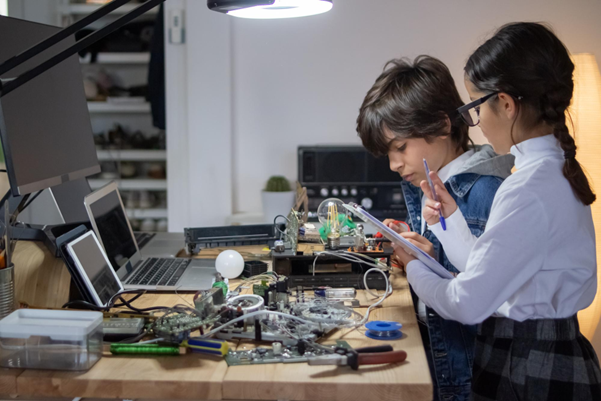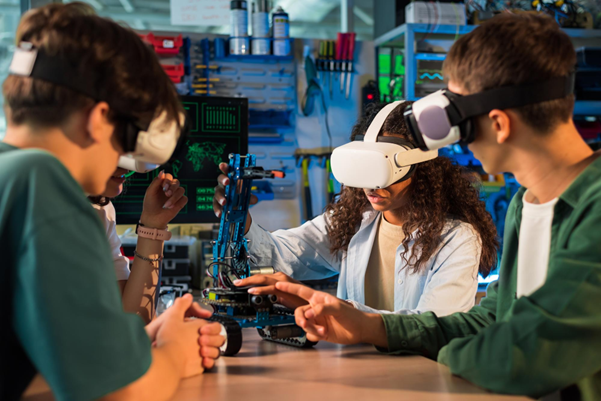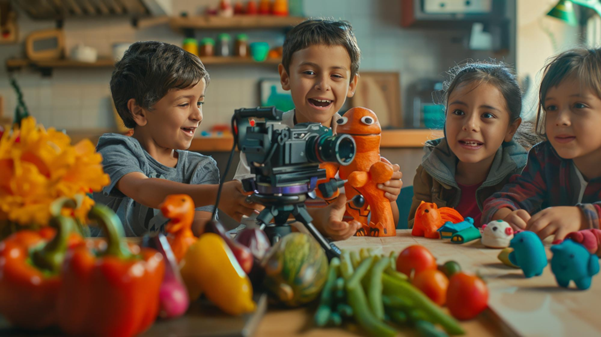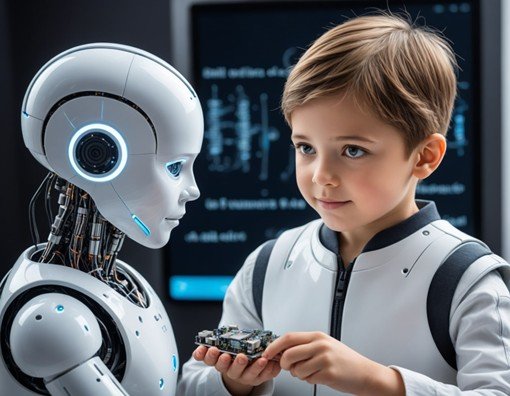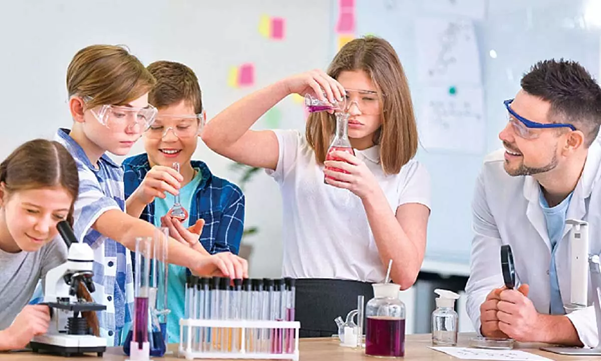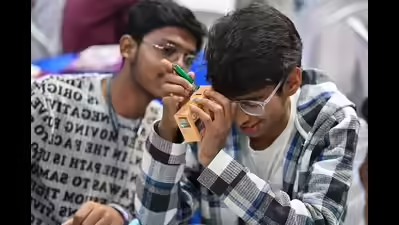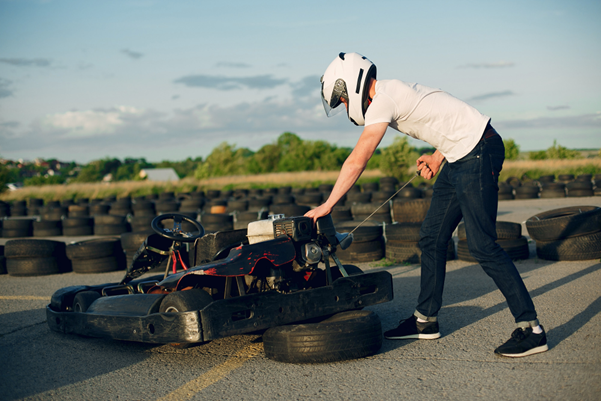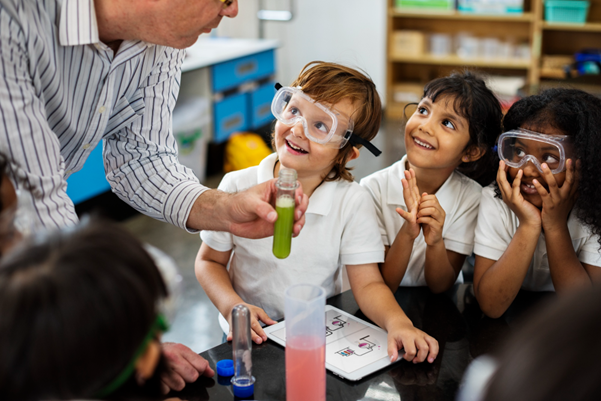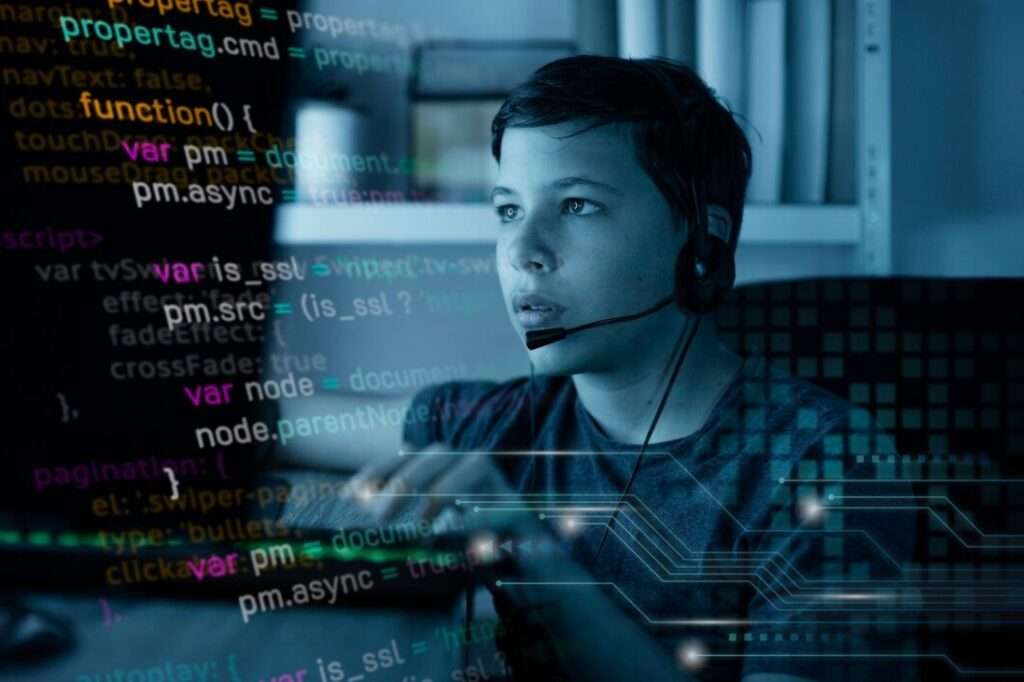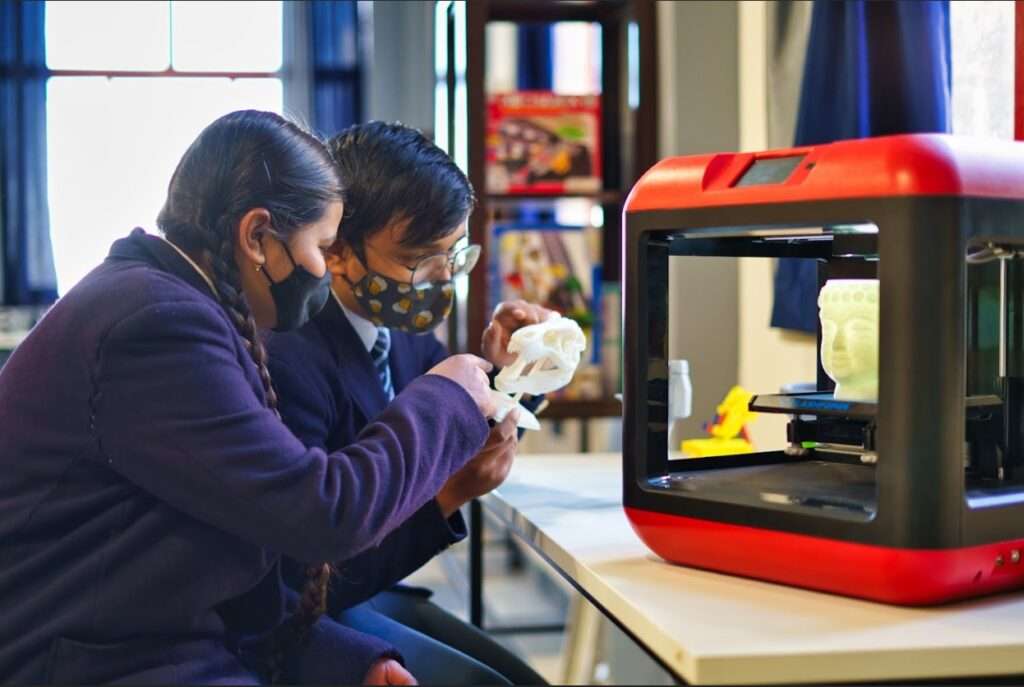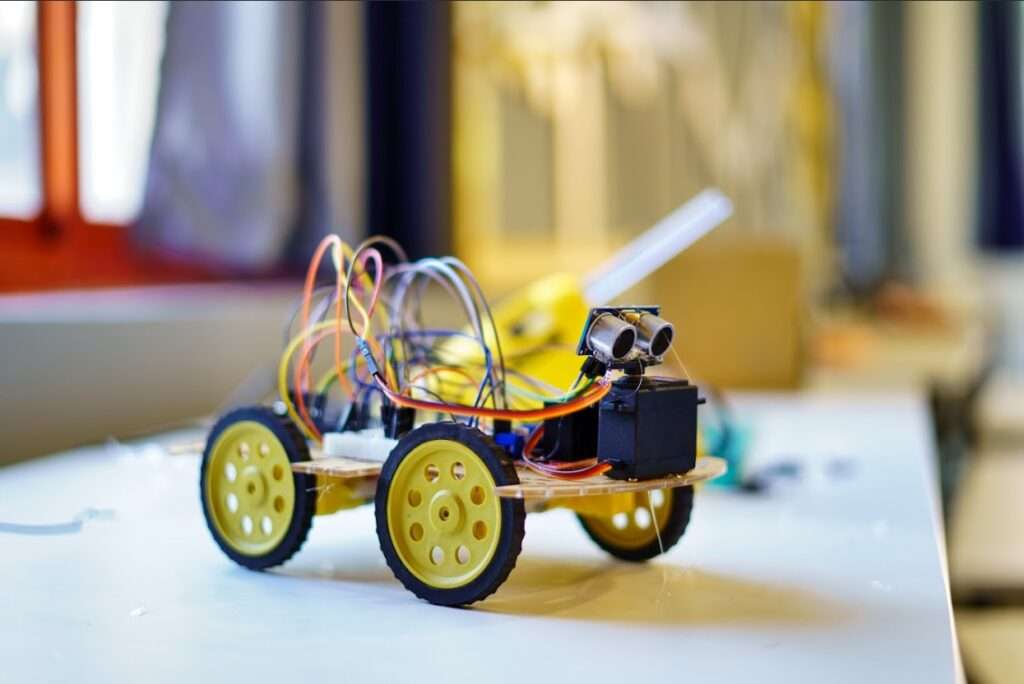Minecraft Games for Kids: The Ultimate Parent’s Guide to Safe, Educational Gaming
Minecraft has become one of the most popular games worldwide, captivating millions of children with its creative possibilities and educational benefits. If you’re a parent wondering whether Minecraft is right for your child, you’ve come to the right place. This comprehensive guide covers everything you need to know about Minecraft for kids, from safety considerations to educational advantages.
What is Minecraft and Why Do Kids Love It?
Minecraft Games for Kids is a sandbox video game that allows players to build, explore, and create in a blocky, pixelated world. Unlike traditional games with set objectives, Minecraft gives children the freedom to construct their adventures, build elaborate structures, and explore vast landscapes. This open-ended gameplay is precisely what makes it so appealing to young minds.
The game operates in different modes, including Creative Mode (where players have unlimited resources) and Survival Mode (where players must gather resources and survive challenges). This flexibility allows children to play according to their interests and skill levels.

Minecraft Education Benefits: Why Parents Should Consider It
1. Enhanced Problem-Solving Skills
Minecraft Games for Kids strengthens problem-solving abilities while enhancing reading, writing, and math skills. When children play Minecraft, they constantly face challenges that require creative solutions. Whether they’re figuring out how to build a stable structure or planning resource management in Survival Mode, kids develop critical thinking skills that transfer to real-world situations.
2. STEM Learning Through Play
Studies suggest that the game can enhance cognitive skills, such as spatial reasoning and computational thinking. Children learn basic programming concepts through redstone circuits, explore geometry through building projects, and understand mathematical principles through resource calculations.
3. Creativity and Architectural Skills
Minecraft serves as a digital canvas where children can express their creativity. From simple houses to complex castles, kids learn about architecture, design principles, and spatial relationships. This creative outlet helps develop artistic skills and encourages innovative thinking.
4. Social Skills and Collaboration
It also promotes social skills, as players often need to work together to complete tasks or projects within the game. When playing with friends or family, children learn teamwork, communication, and project management skills.
5. Reading and Writing Development
Minecraft requires players to read instructions, follow recipes for crafting items, and often communicate with other players through chat. This naturally improves literacy skills and vocabulary expansion.
Is Minecraft Safe for Kids? Age Recommendations and Safety Tips
Recommended Age Range
The experts at Common Sense Media recommend Minecraft for children aged 8 and up. The game has received age ratings of 7+ from PEGI (Pan European Game Information) and is considered suitable for ages 10 and older by the ESRB due to “Fantasy Violence.”
Safety Considerations
While Minecraft is generally safe, parents should be aware of potential risks:
- Online interactions: Multiplayer modes allow communication with other players
- User-generated content: Some servers may contain inappropriate content
- Screen time: The engaging nature of the game can lead to extended play sessions
Essential Parental Controls
Child accounts are all accounts for those under the age of 16 for the US & EU, and 19 for South Korea. To set up Minecraft for your child(ren), you will need a minimum of two accounts, including a “child account”. Here’s how to ensure safe gameplay:
- Set up child accounts: Create supervised accounts for children under 16
- Enable chat filtering: Use built-in filters to block inappropriate messages
- Choose private servers: Play on trusted servers with known friends
- Monitor gameplay: Regularly check what your child is building and with whom they’re playing
- Review mods and add-ons: Ensure any downloaded content is age-appropriate

Minecraft Education Edition: Taking Learning Further
Minecraft Education Edition is specifically designed for classroom use and offers enhanced educational features. Minecraft Education prepares students for the future, building future-ready skills like creativity, problem-solving, and systems thinking, and nurturing a passion for play.
This version includes:
- Chemistry and coding lessons
- Historical recreations
- Mathematical challenges
- Collaborative classroom projects
- Assessment tools for teachers
How to Get Started with Minecraft for Kids
Choosing the Right Version
- Minecraft: Java Edition – Best for PC users who want access to mods
- Minecraft: Bedrock Edition – Cross-platform compatibility for various devices
- Minecraft Education Edition – Specifically designed for educational use
Setting Up the Game
- Create a Microsoft account for yourself (parent)
- Set up a child account linked to your adult account
- Purchase and download the appropriate version
- Configure parental controls and privacy settings
- Start with Creative Mode to let your child explore safely
Tips for New Players
- Begin with tutorial worlds to learn basic mechanics
- Start with simple building projects
- Play together initially to guide and supervise
- Set clear time limits for game play
- Encourage sharing and discussing their creations
Addressing Common Parent Concerns
Screen Time Management
While Minecraft can be highly engaging, it’s important to maintain healthy screen time limits. Consider:
- Setting daily time limits
- Using built-in parental controls
- Encouraging breaks every hour
- Balancing Minecraft with other activities
Violence and Content
Minecraft’s “violence” is minimal and cartoonish. Players may encounter monsters that need to be defeated, but the blocky, pixelated style makes it non-realistic. The game focuses more on creation than destruction.
Online Safety
To maximize online safety:
- Use private servers with known friends
- Enable chat filters and monitoring
- Teach children about online stranger safety
- Report inappropriate behaviour immediately
The Long-Term Minecraft benefits for Kids
Research shows that children who play Minecraft often develop:
- Enhanced spatial intelligence: Better understanding of 3D relationships
- Improved planning skills: Learning to break down complex projects
- Increased persistence: Working through challenges to achieve goals
- Better collaboration: Working effectively with others on shared projects
- Technical literacy: Understanding basic computer and programming concepts

Conclusion: Is Minecraft Right for Your Child?
Minecraft offers a unique combination of entertainment and education that can benefit children in numerous ways. When used appropriately with proper supervision and safety measures, it can be an excellent tool for developing creativity, problem-solving skills, and technical knowledge.
The key is finding the right balance between freedom and safety, ensuring your child can explore and create while staying protected from potential online risks. With proper setup and ongoing supervision, Minecraft can be a valuable addition to your child’s digital toolkit.
Remember, every child is different, and what works for one family may not work for another. Consider your child’s maturity level, interests, and your family’s values when deciding whether Minecraft is appropriate for your household.
By following the safety guidelines and recommendations in this guide, you can help your child enjoy all the benefits that Minecraft has to offer while keeping them safe and engaged in meaningful learning experiences.


